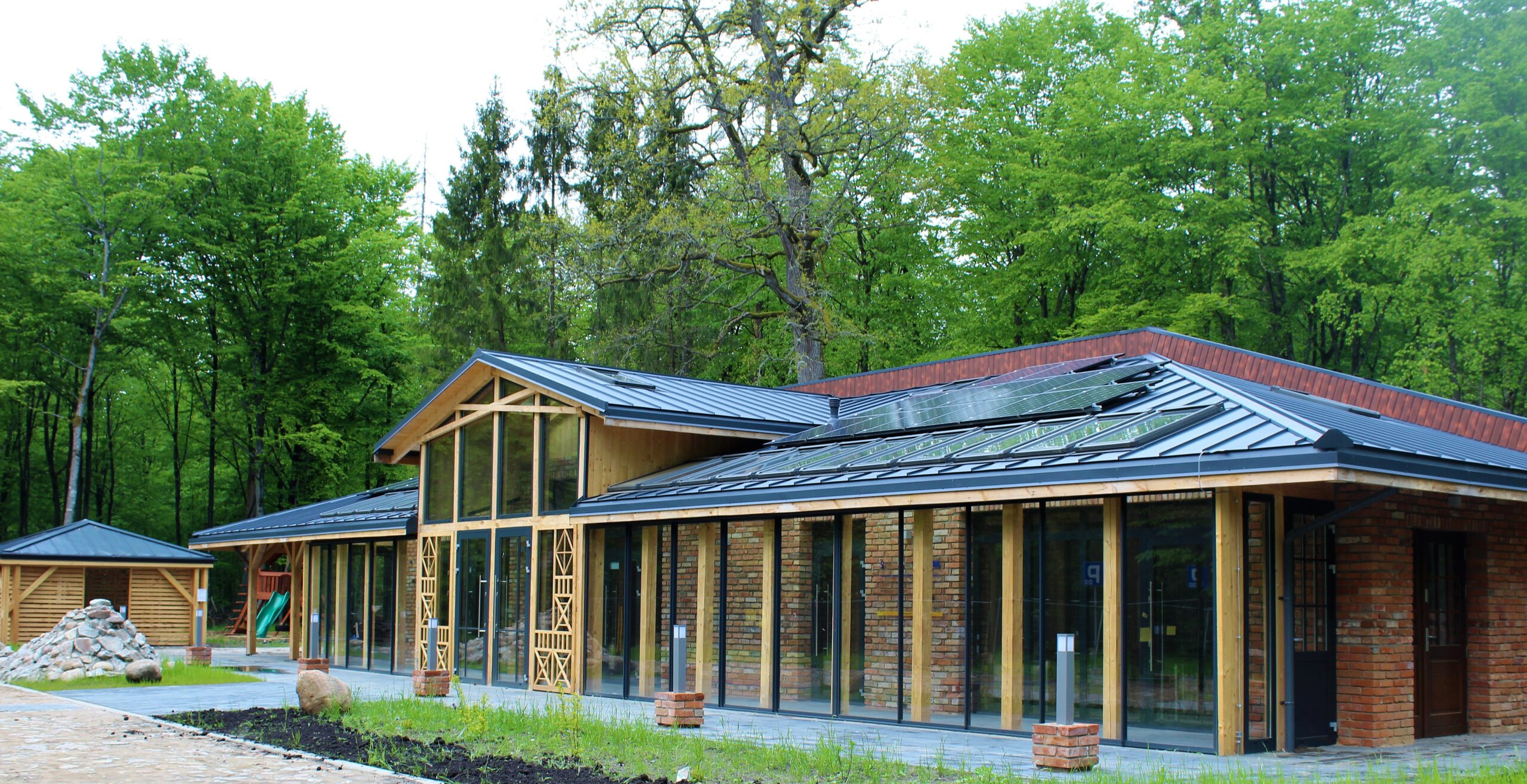Renewable Power-to-Heat Hajnówka
Conducting a feasibility study to remove barriers to the introduction of a renewable power-to-heat system in the Polish district of Hajnówka.
Energy Transition and Climate-Neutral Buildings Renewable Energy

Project info
Germany, Poland
08/21 - 06/23
Local governments, Consumers, National governments, General public, Public sector
286,100.46 €
Contact info
Harald Uphoff
- County administration of Hajnówka
Background
While the energy supply sector continues to contribute an enormous share of greenhouse gas emissions, recent years have shown significant progress in decarbonisation efforts. However, this observation calls for a differentiation between sub-sectors: while progress is notable regarding electricity generation, this does not apply to the heating sector. Studies estimate that the heating of buildings and water account for one third of the EU’s emissions, calling for an effective decarbonation of the heating sector. This is true for Poland in particular, which is currently the country with the largest usage of coal in the heating sector.

Project
The project team develops a solution to this problem in the pilot region of Hajnówka in eastern Poland. Efforts focus on the introduction of a renewable power-to-heat system which feeds the excess electricity of regional wind and solar power station into Hajnówka’s district heating system. Thus, renewable energy would replace coal, which is currently used to power the heating system. This has the double advantage of advancing decarbonisation while at the same time progressing energy system integration.
The introduction of a renewable power-to-heat-system constitutes a technological and economic challenge. As a means of proposing solutions on how to overcome these challenges on the basis of a concrete example, the project team develops a feasibility study. The study identifies and addresses concrete barriers which have so far prevented the modernisation of the local heating system. These barriers include lack of infrastructure planning capacities, outdated building codes, and lack of skilled labour to install and maintain the systems. By providing solutions to these issues, the study furthermore paves the way for public and private investments, addressing the additional barrier of insufficient financial resources. After successful completion of the project, the feasibility study can double as a realisation plan for fully decarbonised integrated heating systems in other Polish regions. The project also serves as a best practice example on how to develop a climate-friendly district heating system. Other regions can replicate this example and thus contribute significantly to the decarbonisation of the Polish heating sector.
Last update: April 2024
